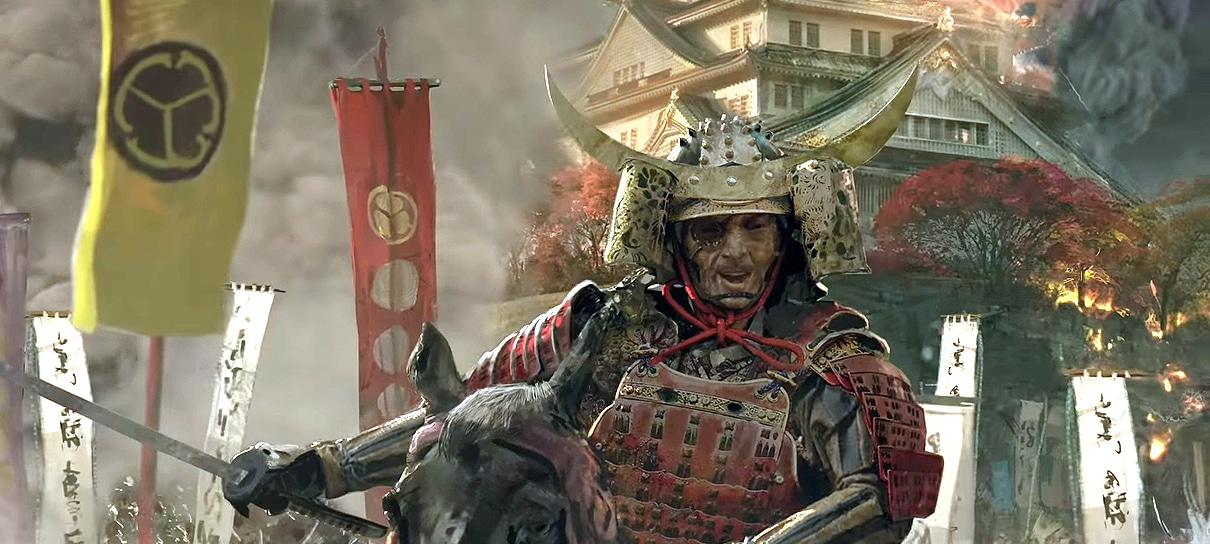
Looking back at some of esports’ earliest historical roots
With all the different forms that esports has taken over the years, it can be easy to forget where this world first originated.
When most of us think about the beginnings of esports, we think of crowded LAN parties and small regional tournaments, but there are some origins in the west that can be even stranger to look back on. Did you know, for example, that an early version of what we would now call esports could be found on a BBC television program back in 2003?
Time Commanders shows early example of esports
Airing between 2003 and 2005, the BBC show Time Commanders was a joint effort between the BBC crew and Total War developers Creative Assembly. The goal of this game was, initially, to pit one side of real players against digital re-enactments of real battles. The humans would be placed as underdogs on the losing side, then tasked with doing their best to change the ultimate outcome.
Eventually, the show changed tack to involving two teams of humans fighting each other, though the concept of one-sided battles remained the same.
In essence, this was a direct video game competition with a big budget, shown on a nationwide level. The people involved had no way of knowing it at the time, but this event would go down as one of the world’s earliest mainstream demonstrations of what would soon become esports.
Given this early success, it raises some important questions, one of which is why aren’t historical games well represented in modern esports?
Using historical settings in competitive gaming
Before looking at the why, we need to examine just how enormous games with a historical bend are within the world of gaming.
Within the mainstream, perhaps the biggest modern example is that of the Assassins Creed games. Covering historical settings such as Greece, Italy, London, and Egypt, these games have gone on to become some of the biggest in contemporary gaming, due in no small part, to their reliance on visual aspects of historical architecture and cultural customs.
In terms of a larger wartime setting, the continued Total War games from Creative Assembly routinely draw big numbers, with those set in Rome and Feudal Japan being particularly popular among fans.
The same is true for indie games like Return of the Obra Dinn, a game which favors some fantastical aspects but still leans heavily into the romanticism of the age of pirates.
Even online casino games such as Spartacus: Gladiator of Rome experience some of the greatest number of hits among all others in its genre, as evidenced in the example linked. Again, the largest deciding factor here is one of a continual interest in the historical setting.
So, why is this genre so underrepresented?
A big part of this is no doubt due to the often single-player nature of games set within a historical setting. After all, if you can’t compete, there can’t be esports.
As for why historical games tend to avoid multiplayer setups, the answer to this question is most probably found within overall gaming trends. Single-player historical games do well, thus the industry makes more.
On the other hand, the titles which do the best in esports tend to be games with long and established histories, and few of these run with historical themes.
Esports fighting games tend to be more modern or fantastical. FPS esports can hardly run in ages without guns, and MOBA games usually rely on massive amounts of magic which, again, hardly fits within a realistic historical setting. Racing games, as they exist in esports, are also not well suited to ages before the invention of the engine.
The return of a long-time classic, however, might be poised to change this world.
Age of Empires 4 has an eye towards competition
In development for some time by Relic Entertainment, we’ve recently seen the arrival of pre-alpha trailers of the upcoming Age of Empires 4. While there is still no solid release date set, indications are that the game should release late 2020 or early 2021.
This is especially important because of the place in which the AOE series, especially AOE2, holds in the world of gaming. As one of the most famed and loved RTS series, the new AOE4 has the legacy to guarantee a strong start. Should it prove a success, chances are good that the rest of the gaming industry will take note and perhaps even make some similar attempts into the field of historical-themed esports ventures.
While we have some time to wait before we see any real future development into large scale historical esports, we can at least sit back and enjoy a generous backlog of older games. In the case of Age of Empires 2, we even have the new Definitive Edition release to tide us over. There is also set to be a return of the BBC program Time Commanders for a three-episode stint.
Recommended

What games would be at the Esports Olympics in 2025?
Would CS2 be in the Olympics gamelineup?

What did MrBeast crewmember Ava Kris Tyson do?
There are several accusations.

Heihachi announced as the next DLC character for Tekken 8
We finally have some answers.







